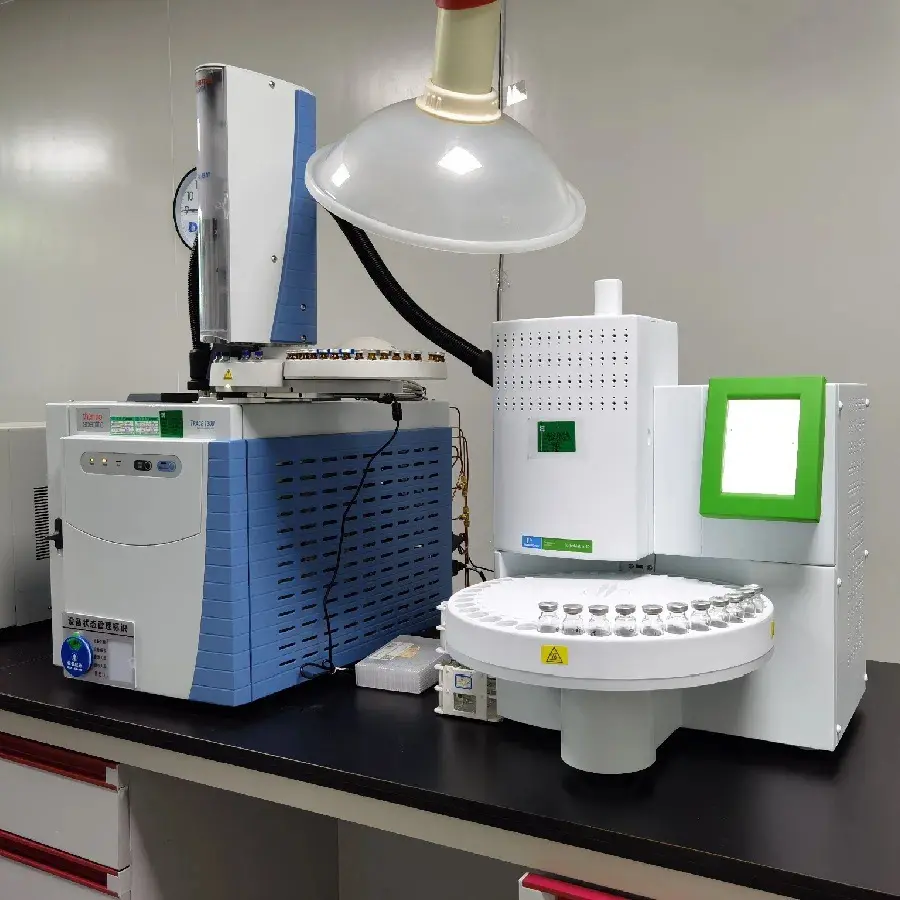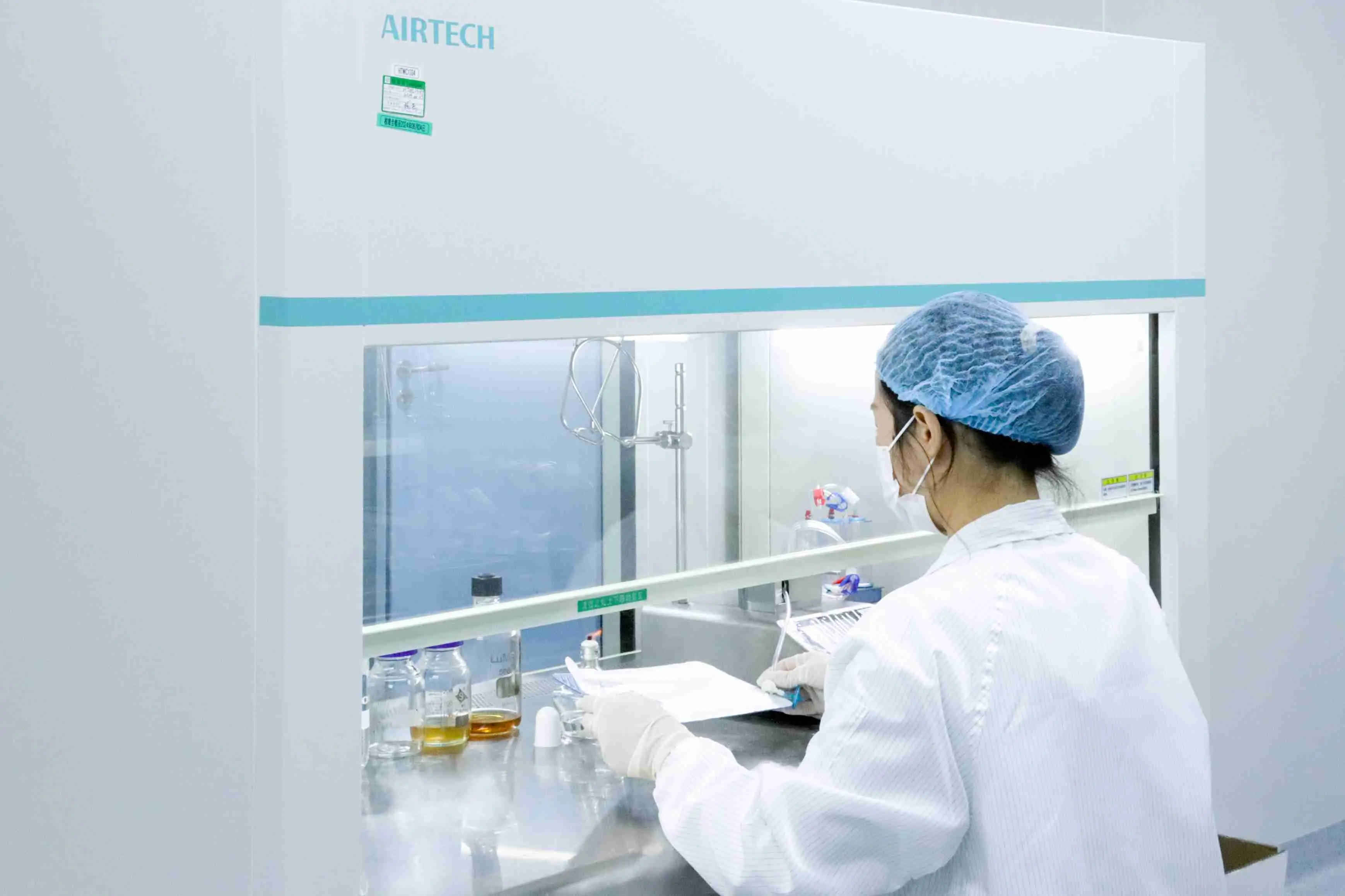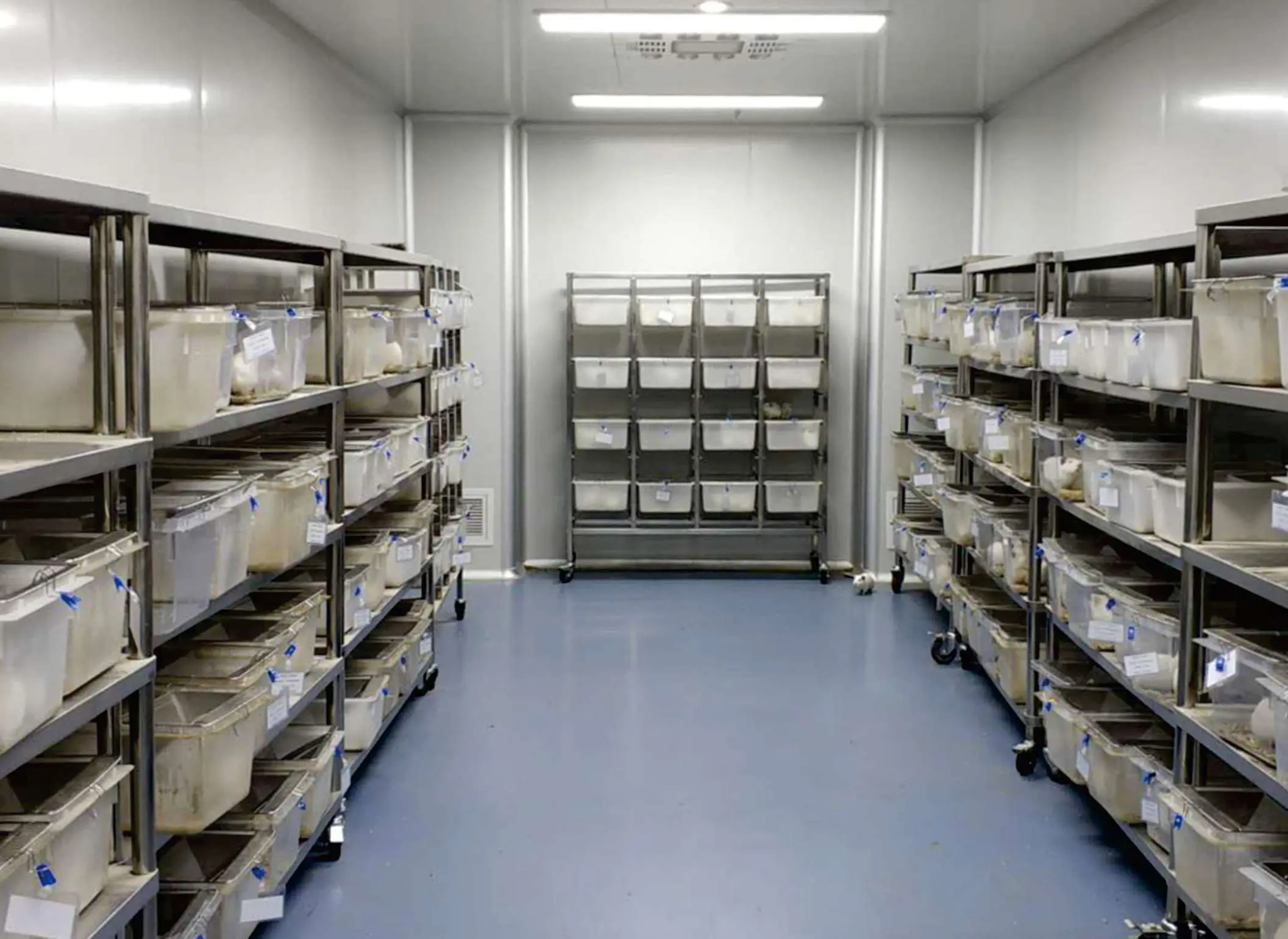
What certifications are required for exporting toys to the EU?
The European Commission holds the right of initiative in policymaking and legislation.
Since the European Commission proposed replacing the Toy Safety Directive 2009/48/EC (TSD) with the Toy Safety Regulation on July 28, 2023, this proposal/draft has undergone extensive discussion, amendments, and additions. It is currently in the first reading phase in the European Parliament (EP) and the Council of the European Union.
At present, the regulation governing toys in the EU remains the Toy Safety Directive.

Note 1: Regulations and directives are two distinct types of EU secondary legislation.
- Regulations: Once effective, they automatically apply uniformly across all EU countries without needing to be transposed into national laws. They are binding in their entirety across all EU countries.
- Directives: They require EU countries to achieve specific objectives but allow them the flexibility to decide how to accomplish these goals. Member states must take measures to transpose directives into national laws to meet the directive's objectives. These measures must then be communicated to the European Commission.
Note 2: From the differences between regulations and directives, it is evident that EU requirements for toys are becoming more unified at the level of the single market.
The CE Mark for Toys
The Toy Safety Directive is the first sectoral directive aligned with the general framework for the marketing of products in the EU and is consistent with or based on the reference provisions of the New Approach Directives and the New Legislative Framework. Consequently, toys placed in the European Economic Area (EEA) must bear the CE mark.
Presumption of Conformity
Under the New Approach Directives:
- Legislation content is restricted to "essential requirements," with technical details left to European harmonized standards.
- To match CE-marked directives and regulations, the European Commission requests the European Standardization Organisations (ESOs)—CEN, CENELEC, or ETSI—to draft harmonized standards specifying "technical details." Once approved by the standardization bodies, these standards are reviewed by the Commission and, if accepted, published in the Official Journal of the European Union (OJEU).
Harmonized standards published in the OJEU are voluntary and can be referenced to demonstrate conformity with relevant directives and regulations, thus achieving a presumption of conformity.
Harmonized Standards for Toys
- The EN 71 series of standards, drafted by CEN, are a collection of standards defining compliance for various types of toys under the Toy Safety Directive.
- EN IEC 62115, adopted and adapted by CENELEC, is an IEC standard used to demonstrate compliance with the Toy Safety Directive for electronic toys.
Below is information on harmonized standards related to the Toy Safety Directive:
Harmonized Standards Announced in the Official Journal of the European Union:
- EN 71-1:2014+A1:2018: Safety of toys - Part 1: Mechanical and physical properties (Published)
- EN 71-2:2020: Safety of toys - Part 2: Flammability (Published)
- EN 71-3:2019+A1:2021: Safety of toys - Part 3: Migration of certain elements (Published)
- EN 71-4:2020: Safety of toys - Part 4: Experimental sets for chemistry and related activities (Published)
- EN 71-5:2015: Safety of toys - Part 5: Chemical toys (sets) other than experimental sets (Published)
- EN 71-7:2014+A3:2020: Safety of toys - Part 7: Finger paints - Requirements and test methods (Published)
- EN 71-8:2018: Safety of toys - Part 8: Activity toys for domestic use (Published)
- EN 71-12:2016: Safety of toys - Part 12: N-Nitrosamines and N-nitrosatable substances (Published)
- EN 71-13:2021+A1:2022: Safety of toys - Part 13: Olfactory board games, cosmetic kits, and gustative games (Published)
- EN 71-14:2018: Safety of toys - Part 14: Trampolines for domestic use (Published)
- EN IEC 62115:2020 and EN IEC 62115:2020/A11:2020: Electric toys - Safety (Published)
Updated Standards Pending Effect After Official Journal Publication:
- EN 71-3:2019+A2:2024: Safety of toys - Part 3: Migration of certain elements (Effective by June 2025)
- EN 71-13:2021+A2:2024: Safety of toys - Part 13: Olfactory board games, cosmetic kits, and gustative games (Effective by May 2025)
Standards Approved by CEN but Not Adopted by the European Commission:
- EN 71-10:2005: Safety of toys - Part 10: Organic chemical compounds — Sample preparation and extraction (Not listed in OJEU)
- EN 71-11:2005: Safety of toys - Part 11: Organic chemical compounds — Methods of analysis (Not listed in OJEU)
Withdrawn Standards (No Longer Referenced):
- EN 71-9:2005+A1:2007: Safety of toys - Part 9: Organic chemical compounds - Requirements (Withdrawn as of August 31, 2022)
Standards in Preparation or Approval Stages:
- prEN 71-1: Safety of toys - Part 1: Mechanical and physical properties (Under Consultation)
- EN 71-2:2020/FprA1: Safety of toys - Part 2: Flammability (Under Approval)
- EN 71-4:2020/prA1: Safety of toys - Part 4: Experimental sets for chemistry and related activities (Under Approval)
- prEN 71-5: Safety of toys - Part 5: Chemical toys (sets) other than experimental sets (Under Consultation)
- prEN 71-7: Safety of toys - Part 7: Finger paints - Requirements and test methods (Under Consultation)
- prEN 71-8: Safety of toys - Part 8: Activity toys for domestic use (Under Consultation)
- prEN 71-14: Safety of toys - Part 14: Trampolines for domestic use (Under Approval)
- FprEN 71-15: Safety of toys - Part 15: Formamide in foam toy materials (Under Approval)
- EN 71-16:2025: Safety of toys – Part 16: Certain chlorinated phosphate flame retardants (TCEP, TCPP, TDCP) (Effective by August 2025)
- EN 71-17:2025: Safety of toys – Part 17: Certain isothiazolinones (MIT, CIT, BIT) in aqueous toy materials (Effective by August 2025)
- EN 71-18:2024: Safety of toys - Part 18: Phenol in aqueous (content) and polymeric (migration) toy materials (Effective by June 2025)
- EN 71-19:2024: Safety of toys – Part 19: Migration of bisphenol A from toy materials (Effective by August 2025)
- prEN 71-20: Safety of toys - Part 20: Microbiological safety of toys containing accessible aqueous media (Under Approval)
Testing Services:
China's JJR Laboratory is ISO/IEC 17025 accredited and offers testing services.
Email:hello@jjrlab.com
Write your message here and send it to us
 When Can FCC ID Modifications Be Filed?
When Can FCC ID Modifications Be Filed?
 LoRa Certification Testing Laboratory
LoRa Certification Testing Laboratory
 Blood Pressure Monitor Certification Testing Servi
Blood Pressure Monitor Certification Testing Servi
 ECG Device Certification Testing
ECG Device Certification Testing
 Pulse Oximeter Certification and Testing Standards
Pulse Oximeter Certification and Testing Standards
 IVD Medical Device GB 4793:2024 Test Report
IVD Medical Device GB 4793:2024 Test Report
 IECEE CBTL Testing Laboratory for IVD Medical Devi
IECEE CBTL Testing Laboratory for IVD Medical Devi
 China OECD GLP-Certified Laboratory
China OECD GLP-Certified Laboratory
Leave us a message
24-hour online customer service at any time to respond, so that you worry!




